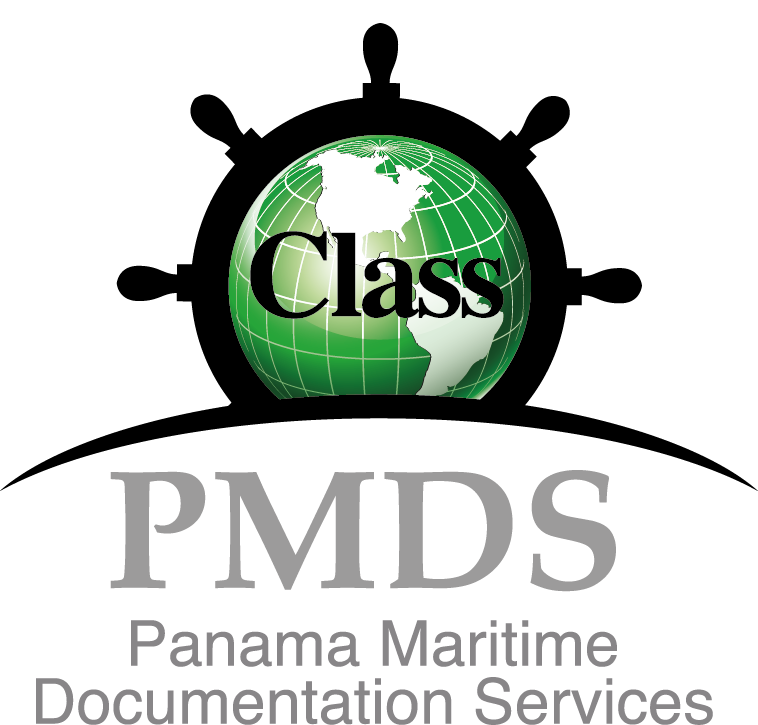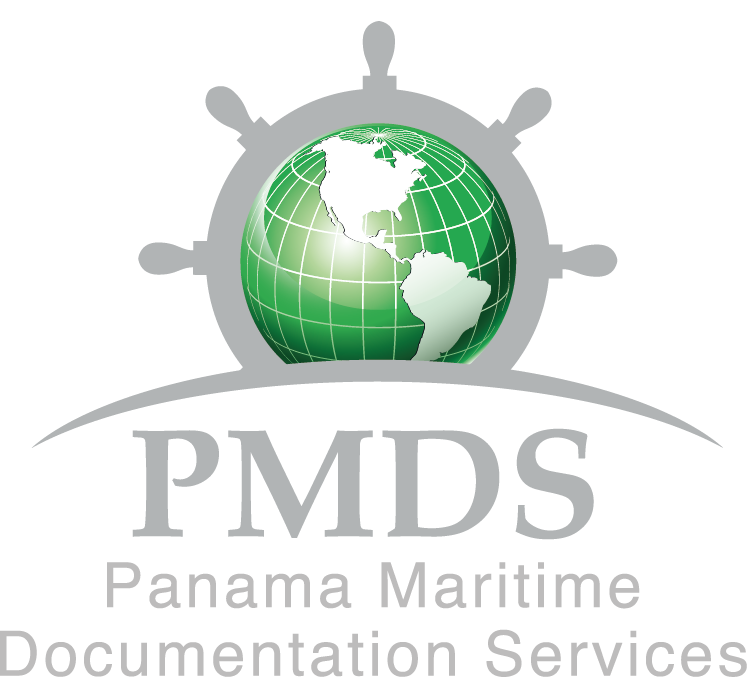
Carrying solid bulk cargoes safely
Carrying solid bulk cargoes involves serious risks, which must be managed carefully to safeguard the crew and the ship. These risks include reduced ship stability, and even capsizing, due to cargo liquefaction; fire or explosion due to chemical hazards; and damage to ship structures due to poor loading procedures.
The main legislation governing safe carriage of solid bulk cargoes is the International Maritime Solid Bulk Cargoes (IMSBC) Code, which became mandatory on January 1, 2011, under the SOLAS Convention, which deals with various aspects of maritime safety and contains, in chapter VI, the mandatory provisions governing the carriage of solid bulk cargoes.
Recent new requirements
IMO Resolution MSC.500(105) introduced amendments (06-21) to the International Maritime Solid Bulk Cargoes (IMSBC) Code. The amendments become mandatory on 1 December 2023 and can be implemented voluntarily from 1 January 2023.
MO Resolution MSC.462(101) introduced amendments (05-19) to the International Maritime Solid Bulk Cargoes (IMSBC) Code. The amendments become mandatory on 1 January 2021 and can be implemented voluntarily from 1 January 2020.
MO Resolution MSC.426(98) introduced amendments (04-17) to the International Maritime Solid Bulk Cargoes (IMSBC) Code. The amendments became mandatory on 1 January 2019.
IMO Resolution MSC.393(95) introduced amendments (03-15) to the International Maritime Solid Bulk Cargoes (IMSBC) Code. The amendments became mandatory on 1 January 2017.
Source: LR
For additional information contact us : corporate@panamamaritime.com

 (507) 6780-7942
(507) 6780-7942






